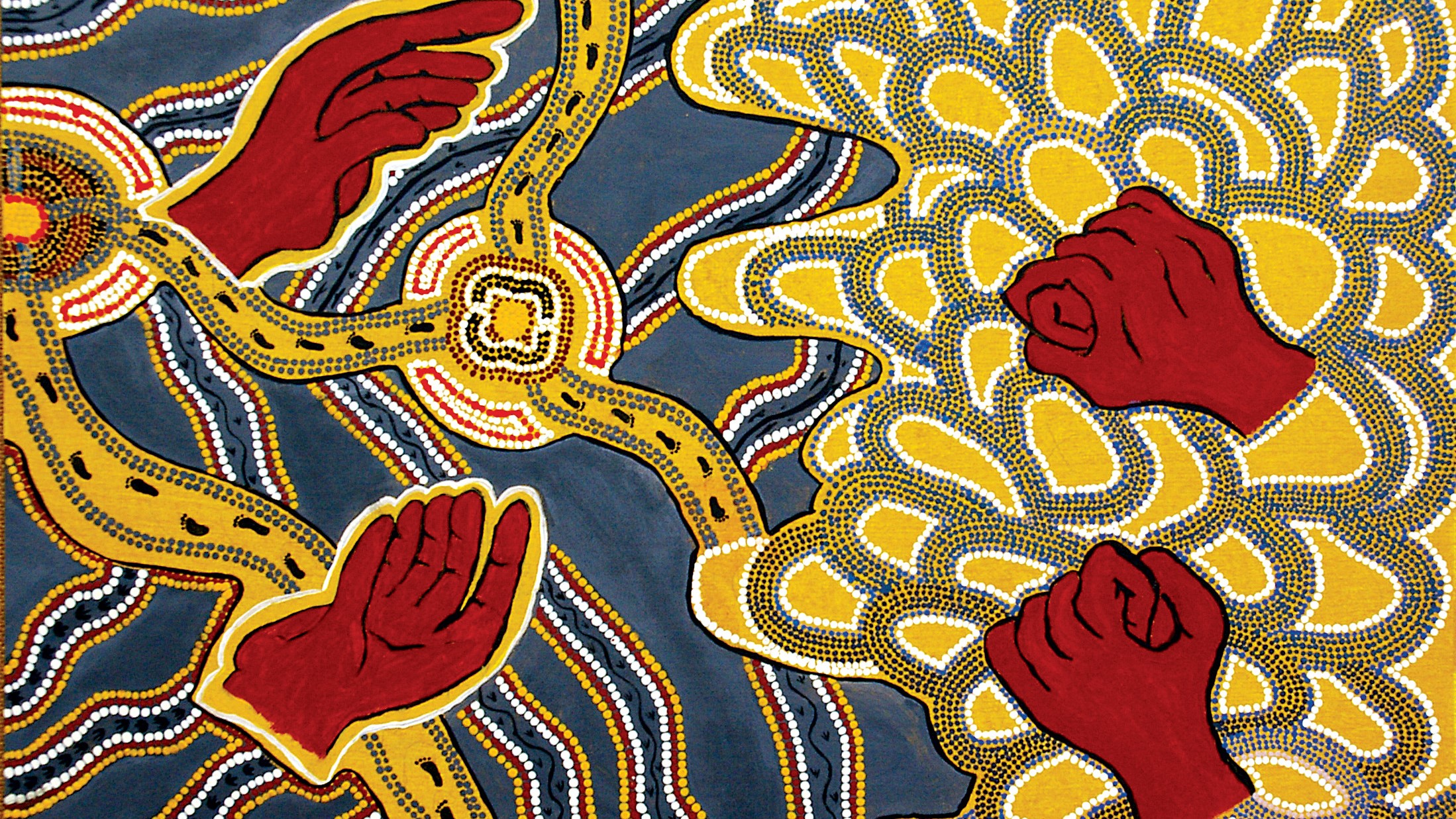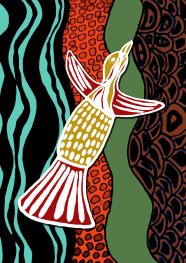Presentation Type
Presentation
Location
The University of Notre Dame Australia, Broome Campus
Start Date
18-9-2019 12:30 PM
Description
The Mardoowarra/ Fitzroy River, at 733 kms is the longest river in the Kimberley region of WA. Its catchment area is almost 100,000km2, and the floodplains are up to 15km wide. Management of its catchment is at a crossroad, with diverse and conflicting visions for its future. Today, mining, fossil fuel extraction including unconventional gas, and large-scale irrigated agriculture are some of the invasive development proposals that threaten water security in the Kimberley region. Dr Poelina champions the need to recognise, value and conserve cultural and environmental values of the Mardoowarra by not overdeveloping water resources in the Fitzroy Catchment. The presentation includes a film (30 minutes) to account for the under-recognised and under-counted values of this globally unique River and Indigenous peoples. Importantly, the Mardoowarra’s Right to Life, bridging culture and nature starts with explaining and sharing on country; understanding how and why management and protection of the landscape and eco-systems are integral to human heritage and culture. Bringing these threads together, a picture of the River emerges: as a national treasure with ecological, archaeological, heritage and cultural values of global significance.
Recommended Citation
Poelina, Anne, "Voices for the Mardoowarra" (2019). Talking Heads Seminar Series. 10.
https://researchonline.nd.edu.au/nulungu_talkingheads/2019/schedule/10
Voices for the Mardoowarra
The University of Notre Dame Australia, Broome Campus
The Mardoowarra/ Fitzroy River, at 733 kms is the longest river in the Kimberley region of WA. Its catchment area is almost 100,000km2, and the floodplains are up to 15km wide. Management of its catchment is at a crossroad, with diverse and conflicting visions for its future. Today, mining, fossil fuel extraction including unconventional gas, and large-scale irrigated agriculture are some of the invasive development proposals that threaten water security in the Kimberley region. Dr Poelina champions the need to recognise, value and conserve cultural and environmental values of the Mardoowarra by not overdeveloping water resources in the Fitzroy Catchment. The presentation includes a film (30 minutes) to account for the under-recognised and under-counted values of this globally unique River and Indigenous peoples. Importantly, the Mardoowarra’s Right to Life, bridging culture and nature starts with explaining and sharing on country; understanding how and why management and protection of the landscape and eco-systems are integral to human heritage and culture. Bringing these threads together, a picture of the River emerges: as a national treasure with ecological, archaeological, heritage and cultural values of global significance.





